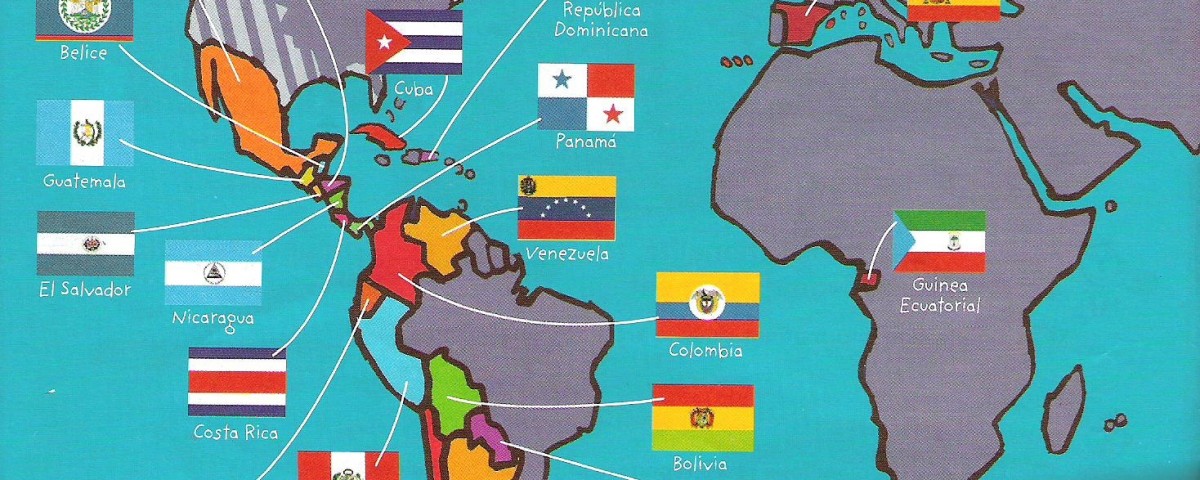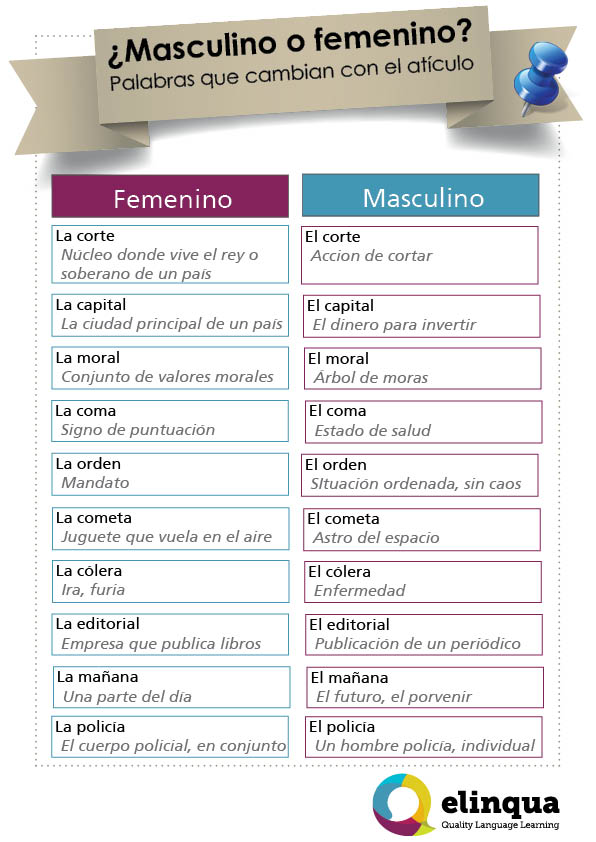
Picos de Europa
February 19, 2014
Giving advice in Spanish
March 3, 2014‘Can you understand when a person from Latin America speaks?’ As a Spanish teacher from Spain, I’ve been asked this question several times throughout my life. And the answer is ‘Yes, I can. I totally can’.
Spanish is the official language in 21 countries around the world, and no matters if it’s spoken in Colombia, Venezuela, Ecuador, Argentina or Cuba. Spanish is, above all, that: Spanish. Although there are some peculiarities in the accent and grammar, and some words differ from one country to another, we all speak the same language.
The Latin American Spanish and European Spanish differences would be something similar to English from England, US, Australia or Scotland. Each region has its own particularities, but people from all these countries can totally understand each other (with the exception of a few words which are specific from each country).
The main differences between Spanish from Spain and the one from Latin America are basically the following:
- Grammar: the use of the ‘Pretérito Perfecto’ is widely spread in Spain. However, in Latin America it’s very common to hear people referring to any kind of past action, no matters if it happened today or 10 years ago, in ‘Pretérito Indefinido’.
- Spain: “He estado con Mónica esta tarde”. (I’ve been with Monica in the evening).
- Latin America: “Estuve con Mónica esta tarde”. (I was with Monica in the evening).
- Tú / usted: In Spain people use the form ‘tú’ (‘you’) when they are having an informal conversation. The word ‘usted’ (‘formal you’) is reserved for formal situations or when talking to elderly people that we don’t know very well.
In Latin America, the form ‘usted’ is used much more often, for both formal and informal situations.
- Spain: ¿Cómo estás? (Tú)
- Latin America: ¿Cómo está? (Usted)
- Pronunciation of the sound ‘z’ and ‘s’: In Latin America the letters ‘C’ (+e,i), ‘Z’ and ‘S’ sound always like an ‘S’. In most regions of Spain, however, speakers differentiate between the sound ‘S’ and ‘Z’/’C’(+e,i).
- Spain: zapato
- Latin America:
- zapato
- Vocabulary: Some everyday words are completely different from one Spanish-speaking country to another. Not only between Spain and countries in Latin America, but also among Latin American countries. Here’s some examples:

In ELINQUA Online Spanish School, we teach both Spanish from Spain and from Latin America. Maybe you are planning to live, visit or work in a Spanish-speaking country and you would like to learn vocabulary or grammar structures from that specific country. You just have to request it, and our team of expert native teachers will prepare a customised course just for you!
Also, if you want to get a deeper knowledge of vocabulary from Latin America, ‘Speaking Latino’ website has a very comprehensive list of Spanish words that are different from one country to another.
Featured image: http://media-cache-ak0.pinimg.com/originals/17/1c/25/171c25f7953e02a8e25957536b7386c9.jpg


